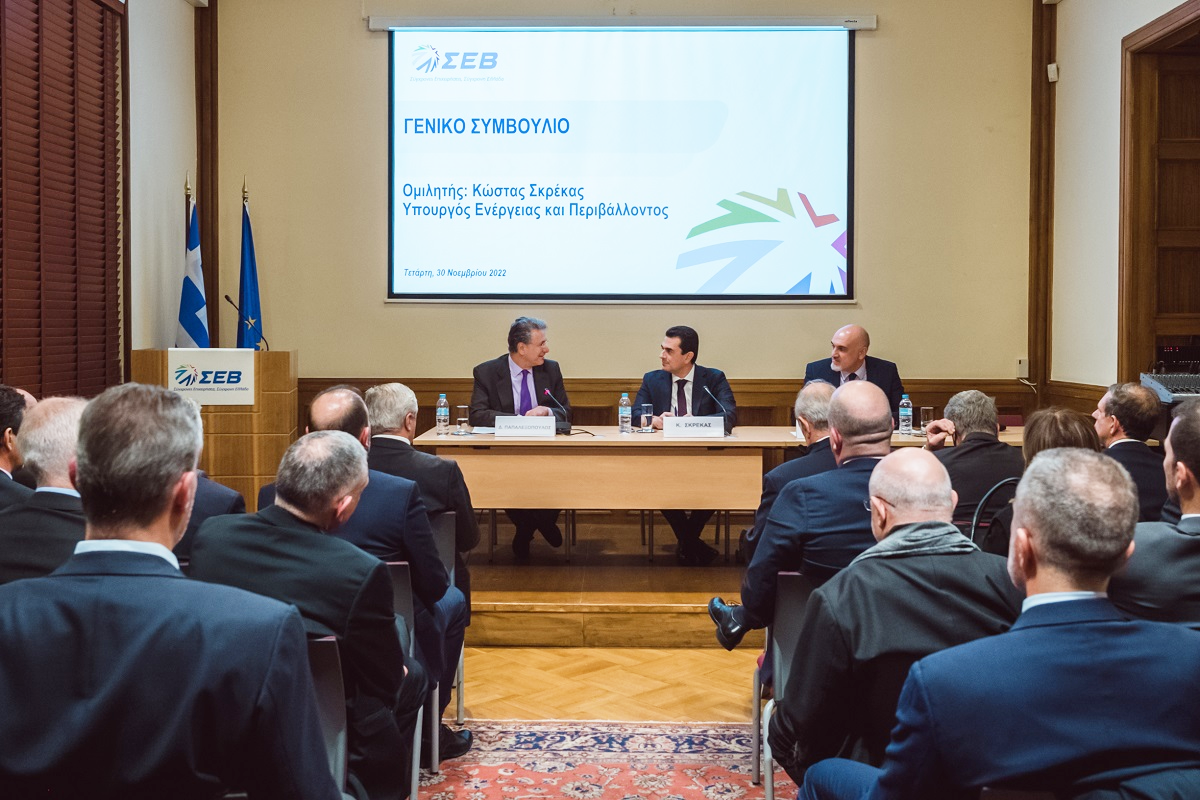
In the presence of the Minister of Environment and Energy, Kostas Skrekas, the General Council of the SEV – Hellenic Federation of Enterprises took place on Wednesday, November 30, at the Offices of the Association.
The issues that emerged were tackling the energy crisis, saving energy, simplifying licensing, the effectiveness of spatial planning, the long-term assurance of low-carbon electricity on the way to the green transition and the smoothing of significant distortions of competitiveness posed by regulations CBAM/ETS are the priorities for maintaining the resilience and competitiveness of businesses.
The meeting of the General Council follows the recent meeting of the Energy Committee of SEV with the political leadership of the Ministry of Foreign Affairs.
Unprecedented “existential crisis”
As stated in the relevant announcement, the members of SEV “recognize the important role and usefulness of the initiatives of the Ministry of Foreign Affairs in dealing with the difficult energy situation and continue the exchange of views with the leadership of the Ministry with the aim of maximum support for them, within the European framework , in this crisis”.
“European industry today is facing an unprecedented existential crisis, with serious effects on the production potential, due to the uncompetitive energy costs of natural gas and electricity, but also due to the challenges of the green transition”, emphasized the Chairman of the Board of Directors Dimitris Papalexopoulos, addressing the Members and the Minister.
Mr. Papalexopoulos pointed out that climate change is the biggest threat to our planet and emphasized that the energy crisis of historic proportions is changing everyone’s balance and planning. Despite the intensifying international situation, he emphasized that Greece maintains positive economic and social outlook expectations, which can be strengthened if we continue to improve the investment environment.
The government’s support measures
Addressing the Members of the General Council, Minister Mr. Skrekas presented in detail the Government’s support measures for commercial and industrial consumers of electricity and natural gas, since the beginning of the international energy crisis. In the field of green transformation of the economy, the Minister of Environment and Energy highlighted the passing of important provisions to promote net metering and increase the electricity space to reduce costs in industry, by promoting self-production and energy offsetting.
At the same time, Mr. Skrekas, referring to the importance of the development of the green electricity purchase and sale market (PPAs), pointed out that the Ministry is studying the exemption from the stock market of bilateral contracts, with a physical presence, between energy-intensive consumers and RES producers, while the “green pool” measure to support the industry that concludes PPAs is under evaluation by DG Comp.
Τhe Minister αλσο referred to the measures that the Government is considering for the management of energy costs, such as the extension of the framework for Virtual Energy Offsetting for the Energy Communities of Enterprises, beyond the boundaries of the Region, the extension of virtual net metering and to High Voltage and the increase of the 3MW limit for net-metering. Finally, Mr. Skrekas referred to important resources from the Recovery Fund that are expected to be allocated to the industry, such as the Program for the installation of photovoltaics in businesses, amounting to 160 million euros, and the “Save – Business” Program, amounting to 200 million euros , for the energy upgrade of small and medium enterprises.
The crucial challenges
The meeting highlighted the crucial challenges for businesses, such as:
- Tackling the energy crisis by streamlining the energy market, exempting bilateral electricity purchase contracts from market revenue caps, rational industry participation in intermittency, accelerating internal interconnection projects in networks, institutionalizing procedures for multi-year rights (over 5 years) in cross-border connections.
- Acceleration of energy saving of buildings and facilities, expansion of net metering, but also expansion of the development program of connections, networks and substations for faster connection times in high demand areas.
- Removal of regulatory obstacles, in matters such as:
- Addressing the weaknesses in the procedures licensing actions, both in traditional industrial investments and in new RES projects, linked to PPA, energy storage, off-shore wind farms, clean fuels, energy saving facilities,
- Fast and rational completion of spatial planning for RES, industry, supply chain, mineral resources, etc.
Better coordination and consultation of spatial planning policies to remove conflicting provisions between national spatial planning provisions, ESEK objectives, area protection provisions,
Consultation of critical European directives (such as CBAM, ETS but also the additional costs of pollutants due to fuel switching) that are in progress and will have an impact on the international competitiveness of the industry.
Latest News

Chevron Confirms Eyeing Natural Gas Exploration South of Crete
Chevron recently declared its intent to explore a third area, south of the Peloponnese.

Evangelos Marinakis: A time of change from which shipping can benefit
Speaking at the 19th Annual Capital Link International Shipping Forum Evangelos Marinakis stressed the challenges that shipping faces today

Retail Trade in Greece Up 2.5% in December 2024: ELSTAT
In January 2025, the General Turnover Index recorded a 2.5% increase compared to January 2024. Compared to December 2024, it recorded a significant decline of 18.4%

Greek Fruit and Vegetable Exports Surge
Greek exporters have expressed concerns over a new draft law in Bulgaria that mandates at least 50% of products in stores to be of Bulgarian origin.

Trump Tower in Greece? Speculation Grows Over Potential Investment
In 2007, the Trump Organization explored the possibility of constructing a skyscraper complex and casino at the former Ellinikon Airport site in Athens
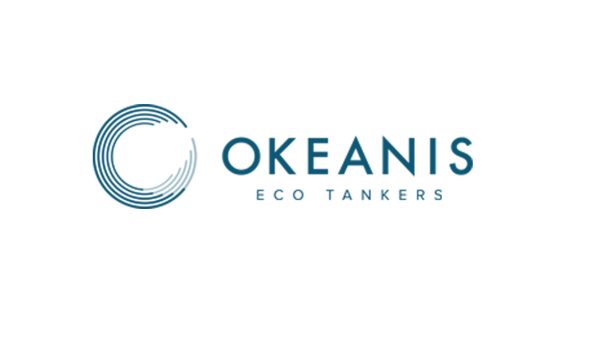
Was Aristidis Alafouzos, CEO of Okeanis Eco Tankers, cheering over extra earnings from carrying ‘sanctioned’ Russian oil?
Okeanis CEO Aristidis Alafouzos tried to give assurances that the company was not carrying sanctioned Russian oil - Recently published data point to the opposite
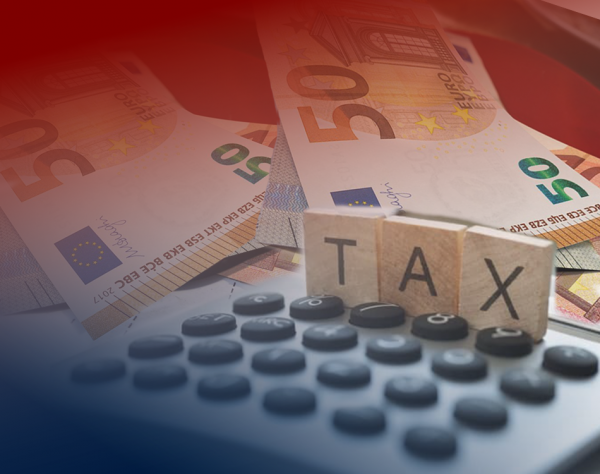
Tax Filing in Greece Surpasses Expectations
Taxpayers who submit their returns by April 30 will benefit from an increased tax discount of 4% if they opt for a lump-sum payment by July 31, 2025

Evangelos Marinakis: Proud of Diaspora Greeks, ‘Who’re All Together, United’
Marinakis, an Honorary Grand Marshal of the 86th Greek Independence Parade on Sunday, was touched by his contacts in New York City with members of the Greek-American community, where he spoke fondly of the Diaspora: ‘Twice as Greek, Twice over as Olympiacos fans'

Stirring 86th Greek Independence Day Parade Down 5th Ave. Evangelos Marinakis an Honorary Grand Marshal
According to NYPD sources, the 2025 parade is expected to be one of the biggest in recent memory, with some 120 groups with 52 floats and 15 marching bands paraded from 64th to 79th streets along renowned Fifth Avenue
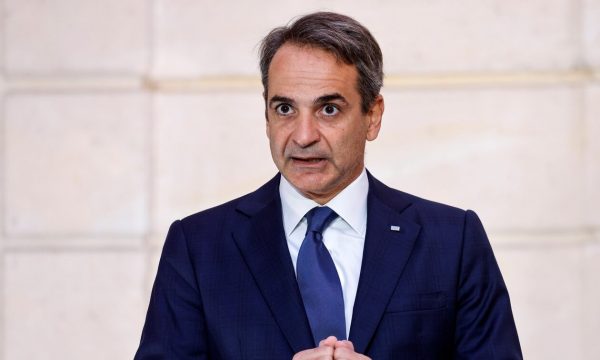
PM Mitsotakis Highlights Chevron’s Interest in Greek EEZ in Weekly Review
“The interest from Chevron is important because a leading American multinational chooses to invest in Greek maritime plots, thus practically recognizing Greece's EEZ in the area,” the prime minister said.

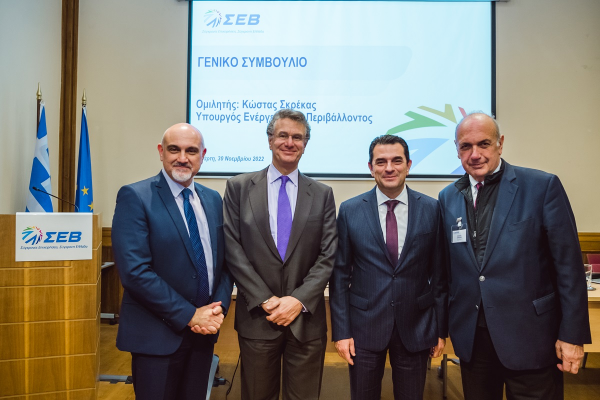









![Τουρκία: Μεγάλες βλέψεις για παραγωγή ηλεκτρικών οχημάτων [γράφημα]](https://www.ot.gr/wp-content/uploads/2025/03/ot_turkish_autos-90x90.png)






![Ξενοδοχεία: «Τσίμπησαν» οι τιμές το 2024 – Πόσο κόστισε η διανυκτέρευση [πίνακας]](https://www.ot.gr/wp-content/uploads/2025/03/hotels-90x90.jpg)





![ΕΛΣΤΑΤ: Αυξήθηκε η οικοδομική δραστηριότητα κατά 15,6% το Δεκέμβριο [πίνακες]](https://www.ot.gr/wp-content/uploads/2025/03/DSC9655-2-1024x569-1-90x90.jpg)


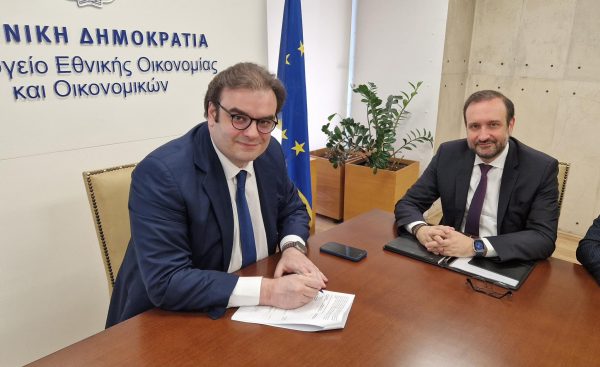



![Bank of America: «Βάναυση»… ημέρα η 2α Απριλίου – Τι θα κάνει η ΕΚΤ [πίνακας]](https://www.ot.gr/wp-content/uploads/2025/03/2025-03-07T185931Z_1444074747_RC2A8DA3A3X7_RTRMADP_5_USA-TRUMP-600x400.jpg)
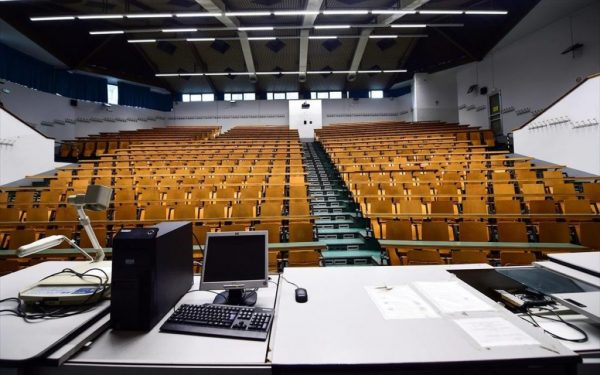
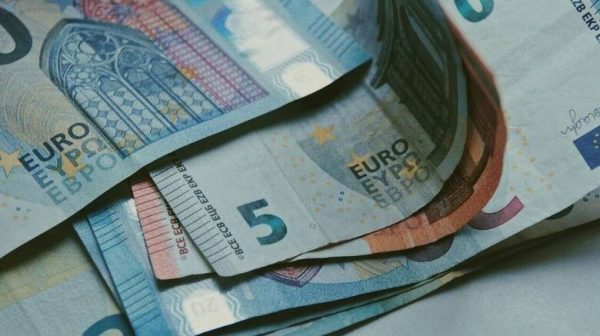
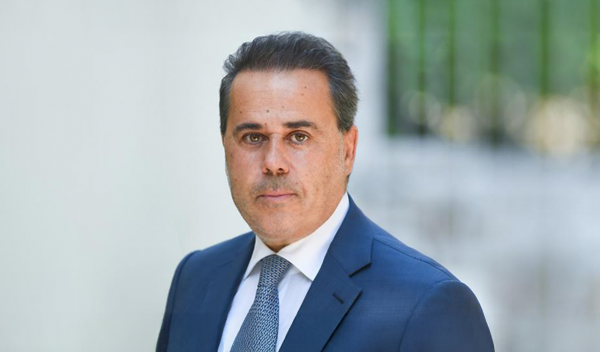


![Κομφούζιο: Από 14 Απριλίου 2025 οι αιτήσεις στήριξης – Τα ποσά και οι δικαιούχοι [πίνακας]](https://www.ot.gr/wp-content/uploads/2025/04/komfouzio-600x391.jpg)
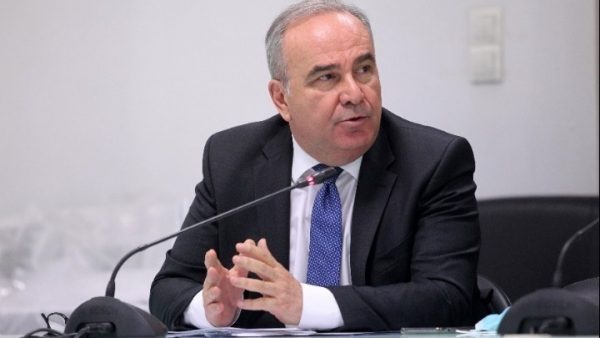
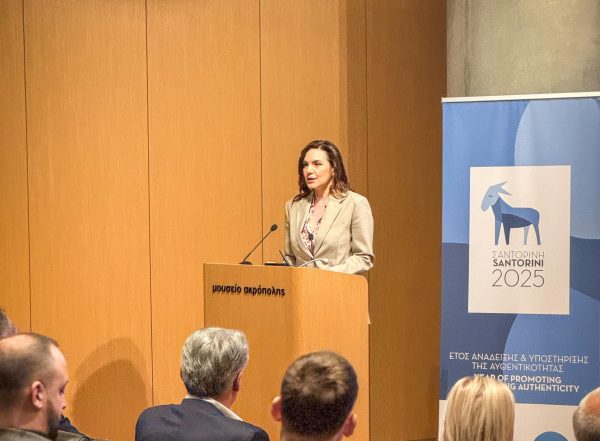


 Αριθμός Πιστοποίησης
Αριθμός Πιστοποίησης